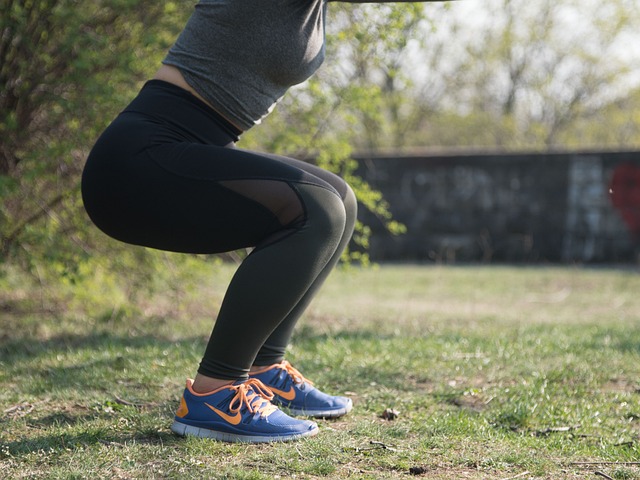Bursting the Bubble: Debunking Health Myths and Misconceptions
Has an old wives' tale or health myth ever made you second guess your wellness choices? In an age of information overload, it's easy to fall prey to health misconceptions. Let's debunk some common health myths and replace them with research-backed facts.

The Mythical World of Health
Health myths have been ingrained in our cultural fabric for centuries. From the belief that reading in dim light damages your eyes to the notion that cracking your knuckles leads to arthritis, these misconceptions have been passed down generations despite lacking scientific credibility. The explosion of internet and social media has only added fuel to the fire, creating a fertile ground for health misinformation to grow.
Separating Fact From Fiction
In the face of conflicting information, how do we distinguish fact from fiction? The answer lies in scientific research. Let’s debunk some of the most widespread health myths.
Myth 1: You Should Drink 8 Glasses of Water a Day
This is probably one of the most widely accepted health myths. While hydration is crucial, the ‘8x8’ rule is not a one-size-fits-all prescription. The Institute of Medicine recommends about 3.7 liters (or 13 cups) for men and 2.7 liters (or 9 cups) for women. This includes all beverages and food.
Myth 2: Sugar Causes Diabetes
While consuming excessive sugar can lead to obesity, which is a risk factor for type 2 diabetes, sugar itself doesn’t cause diabetes. Both type 1 and type 2 diabetes are caused by a combination of genetic and environmental factors.
Myth 3: You Lose Most Body Heat Through Your Head
This myth originated from an old military study where soldiers lost significant body heat through their heads because it was the only uncovered part of their bodies. In reality, heat loss depends on the exposed surface area, not a specific body part.
Myth 4: Vaccines Cause Autism
Despite extensive research debunking this myth, it continues to persist. The original study linking the MMR vaccine to autism has been discredited, and multiple studies have shown no association between vaccines and autism.
Quick Health Facts:
-
Walking barefoot doesn’t cause colds.
-
Eating carrots doesn’t improve night vision.
-
Chewing gum doesn’t stay in your stomach for seven years.
-
Shaving hair doesn’t make it grow back thicker or darker.
Closing Thoughts
Health myths and misconceptions can be harmful, leading to unnecessary worry, misguided health choices, and even serious health risks. By debunking these myths, we can empower ourselves with accurate, research-backed information and make informed decisions about our health. After all, knowledge is the best prescription for maintaining lifelong health and wellness.






